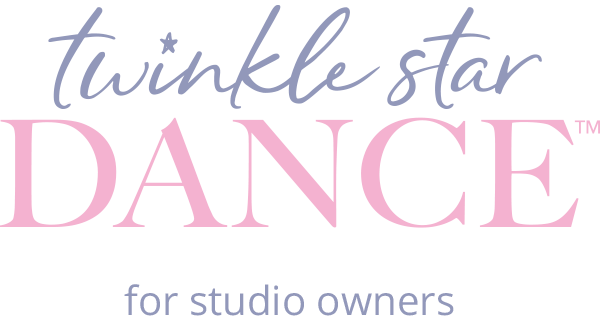Dear Dance Educators,
We see you. The time, the energy, the love, and the leadership you pour into your classrooms every single day it matters more than you may ever know.
At Twinkle Star Dance, we’ve always known that dance is about far more than steps and technique. It's about people. It's about shaping resilient, confident, emotionally grounded children. And thanks to our ongoing dancer mood study, we now have the data to show what we’ve always felt in our hearts: you are a powerful, positive force in the lives of your students.
Why This Study Matters—And Why You Matter
In a world where anxiety and disconnection are on the rise, your studio has become more than a place to learn dance—it’s a haven. Our dance mood study is tracking dancer experiences across every age, every style, every teacher—and what we’re seeing is extraordinary.
Dance lifts mood—consistently.
Students feel safer, stronger, and more connected after class.
And the biggest difference-maker? YOU.
Instructors who bring warmth, experience, and emotional presence create noticeable shifts in their dancers. You’re not just teaching choreography—you’re helping kids feel seen, supported, and strong.
What Makes This Research Special
Most arts-based studies happen in labs or clinics. Ours happens in our studios—where the real magic happens. We’re collecting weekly mood data from actual classes, then analyzing it in real-time to see what really helps students thrive.
We’re discovering how things like class type, time of day, frequency of attendance, and teacher experience impact mood.
We’re learning how to design classes that don’t just build skill—but build emotional health.
And we’re doing it all so that we can support YOU better in the amazing work you’re already doing.
What the Data Is Saying
Early results are clear:
Experienced, emotionally present teachers are helping students experience the most joy and the greatest emotional growth.
Dance is acting as a protective layer—especially for kids who are shy, anxious, or going through a tough time.
And over time, students who stick with dance are developing higher baseline moods and emotional resilience.
This isn’t just encouraging—it’s transformative. And it’s happening because of you.
You Are the Difference
You may not always see the full ripple effect of your encouragement, your smile, or the way you listen. But our research is capturing it—and confirming what we’ve always known: you are a steady, positive force in your students’ lives.
In your classroom, kids find:
Belonging in a world that often isolates.
Self-expression in a world that often silences.
Resilience in a world that often overwhelms.
What This Means for You
This study isn’t about evaluating you—it’s about supporting you. The insights we’re gathering will help us:
Refine schedules and class types to better serve different ages and moods.
Offer professional development based on what’s working best emotionally and academically.
Provide real feedback that helps you advocate for the tools and resources you need.
We know how hard you work. We know how deeply you care. And we know that what happens in your studio each week is shaping lives in ways most people never see.
This study is putting that impact into words and numbers—but the real power has always been you.
Thank you for being a guide, a mentor, and a light.
Together, we’re doing more than teaching dance. We’re building happier, healthier, more hopeful kids—and that is a legacy to be proud of.
With gratitude,
Tiffany and the Twinkle Star Dance team
